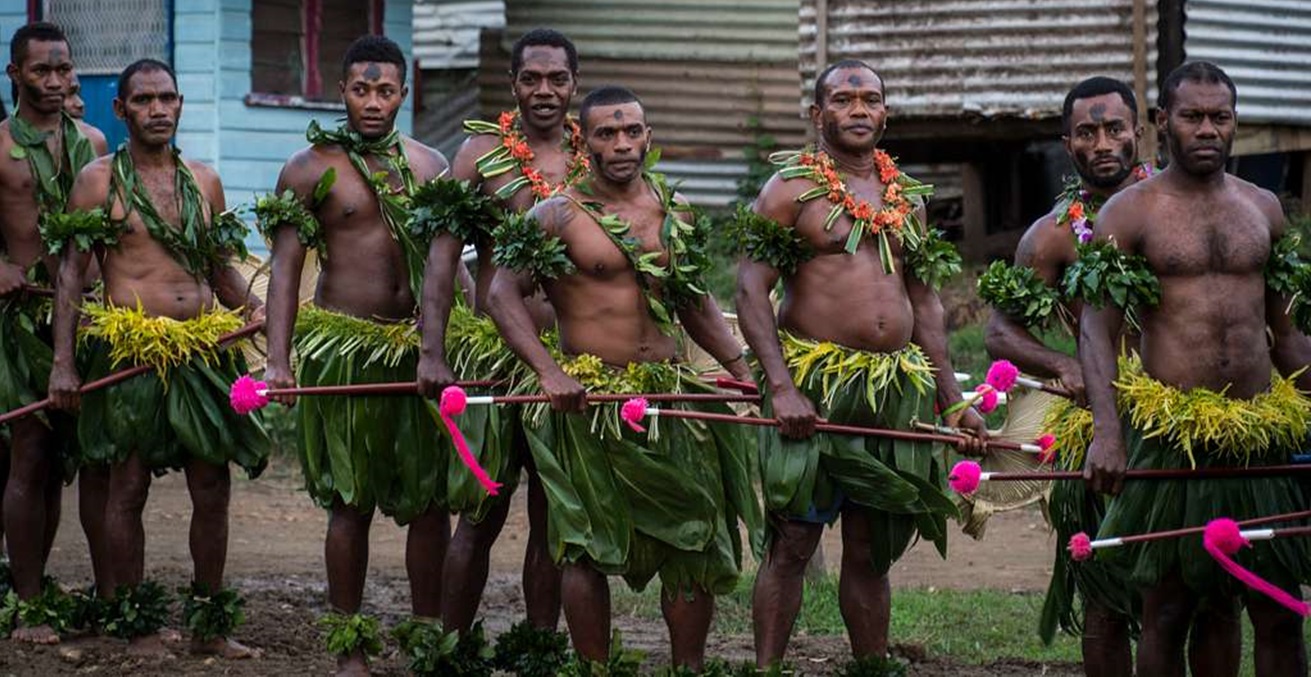Study highlights barriers to engaging Pacific men supporting women’s leadership
Thursday 7 December 2023 | Written by RNZ | Published in Pacific Islands, Regional

“Gender equality needs to be communicated in a way that resonates with Pacific men (and women),” the study’s authors wrote. 23120612
The use of language such as "gender" and "feminism" can be a hindrance to engaging Pacific men to supporting women's leadership in the region as such words can "alienate or provoke resistance", new research has found.
"Gender equality needs to be communicated in a way that resonates with Pacific men (and women)," the study's authors wrote.
"Framing gender equality as being about men and women working together, for example, is in line with Pacific values around relationships and cooperation."
The report also found that men need to have to "safe spaces" that allows them to "engage in critical reflection about the power and privileges that they have in many societies and question harmful forms of masculinity".
The Pacific has one of the highest rates of gender-based violence and efforts to address gender equality in the region remains a challenge for governments, non-government organisations and other stakeholders.
The research report, produced by Women Leading and Influencing (WLI) Australian government-funded initiative, states there is a lack of "practical guidance" on the best ways to work with Pacific men to change their " behaviour and attitude" towards women.
The authors of the report used mixed research methods, including reviewing existing academic scholarship, conducting interviews with practitioners working with men to address gender-based violence via online and offline means, from Papua New Guinea, Fiji, and Vanuatu.
They conducted further individual interviews with the WLI participants and alumni and a focus group interview with five participants within this group. These participants were from Papua New Guinea, Tonga, Solomon Islands, Samoa, Vanuatu, and Kiribati.
The authors said a major limitation of the study was that most of the practitioners interviewed were from Papua New Guinea.
While speaking at an online event on how men and women in the Pacific can work together to shift social norms around gender and women's leadership, Dr Mercy Masta - one of the authors of the report - said "this topic can also be a sensitive topic".
"But it's really important research...it strongly supports sort of creating spaces for men who are as allies, working with women, and especially making no spaces comfortable, but also challenging them to or men to engage in critical debates around engaging women or gender equality," she said.
Dr Masta said it was important that when talking about gender equality "it is communicated in a way that doesn't provoke resistance, but more in a sense that it speaks to our cultural values".
- RNZ














































